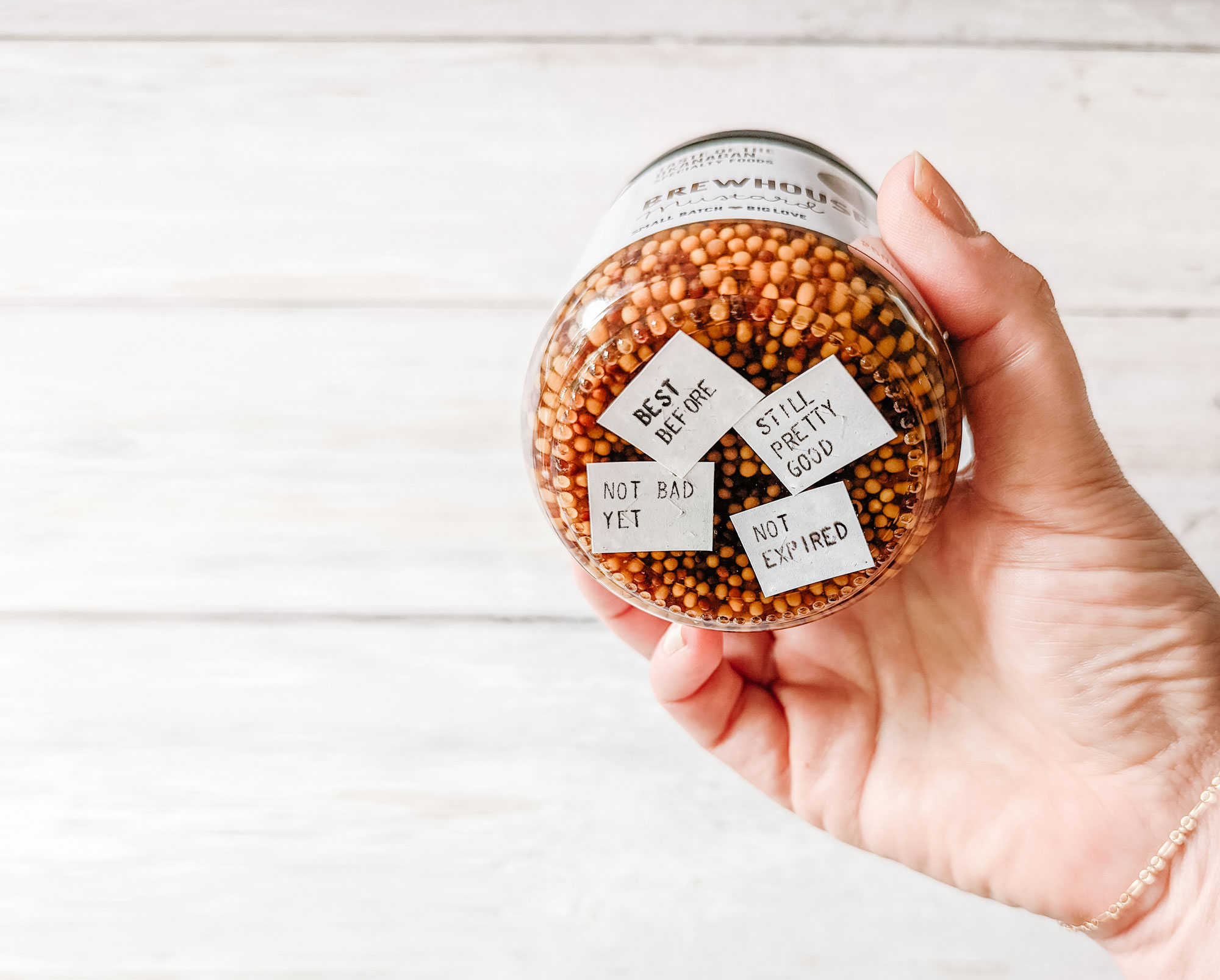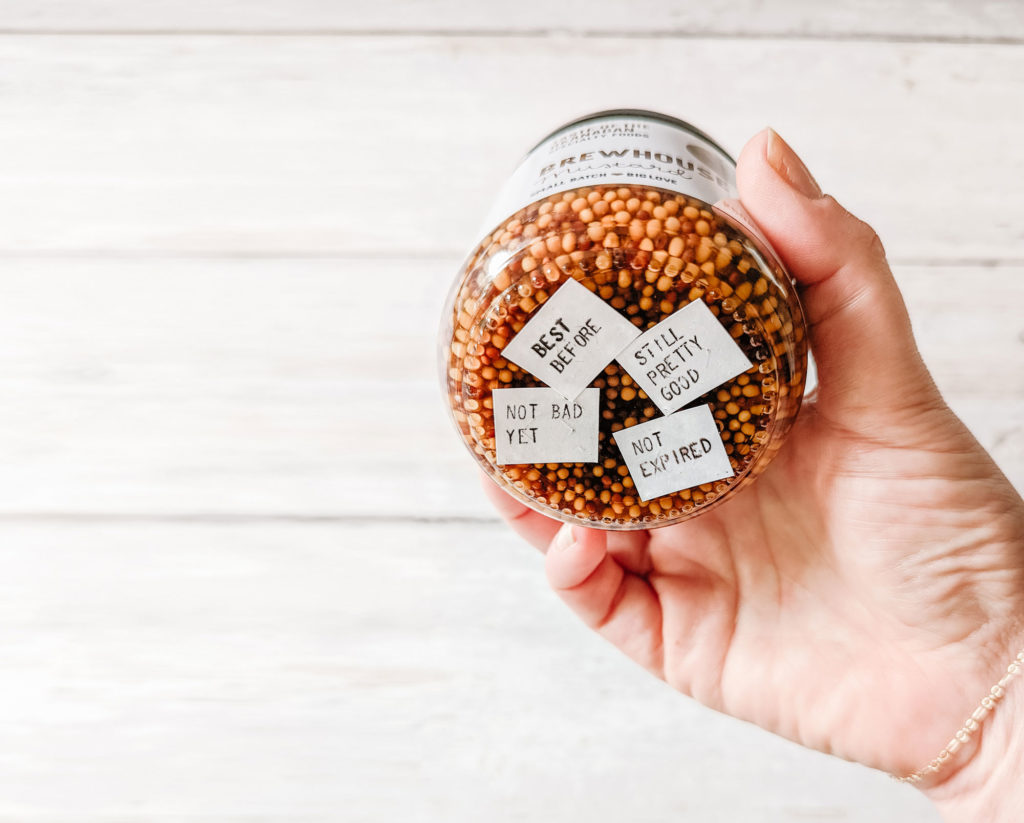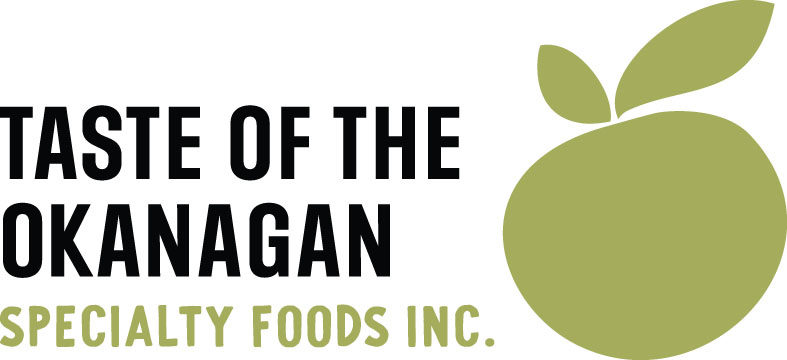
Everything you assume about ‘best before’ dates is probably wrong. There are two vital facts to know about ‘best before dates’ on foods in Canada: They’re not standardized, and they have nothing to do with food safety.

Most of us are guilty… every so often we go through the fridge, checking labels and throwing out anything that’s passed the date on the bottom. Maybe you stop to sniff, or take a second look, but more likely than not, you just figure it’s expired and into the garbage it goes.
We all know on some intellectual level that throwing away food is wrong, but this habit is so ingrained in us that we don’t even stop to check. I mean surely the date on the bottom is more accurate than the good ol’ smell test… or is it?
What does the date on the bottom really mean? Do you know the difference between ‘Best Before’ dates and ‘Expiry’ dates? While they may seem similar at first, a ‘best before’ date is not the same as an ‘expiry’ date.
These labels cause a lot of confusion for Canadian families. People see these labels and incorrectly assume that any food near or just past the ‘best before’ date is expired and no longer edible. This simply isn’t true.
‘Expiration Dates’ refer to FOOD SAFETY while ‘Best Before’ refers to QUALITY.
You’ll only find ‘Expiration Dates’ on products like meal replacements, infant formula, and nutritional supplements, and you should not eat them past their expiry date. [1]
‘Best Before’ dates are only required on packaged foods that have a shelf life of 90 days or less, such as milk, yogurt, and bread. They do not guarantee product safety; but rather when your food will be at its peak freshness, taste and nutritional value. Ie. When it’s BEST before.
What does this mean? Well, basically it means that after the best before date has passed, food may lose some freshness and flavour, and the texture or colour may change. That chip might not be as crisp, that sauce might not be as bright, but it does not mean that it is unsafe to eat.
Also remember that best before dates only apply to unopened food. The minute you open that jug of milk or pack of cheese the best before date is irrelevant.
Unfortunately, Canada doesn’t have any standards around determining best before dates, and many products have them that don’t even need them. Most companies arbitrarily determine a date that they feel their product is ‘best before’. There are no regulations or data required to help determine the date. This confusion means that a lot of perfectly good food ends up in the garbage. And I mean A LOT! Canada is one of the biggest contributors to food waste in the world. It may not seem like a big deal but research estimates the average Canadian household wastes 140 kilograms of food per year – at a cost of more than $1,300 per year! [2]
Why we don’t use best before dates
This is just one of the reasons you will not find ‘Best Before’ dates on our products. Over the years we’ve tried both ‘Best Before’ dates and ‘Packaged on’ dates, and inevitably customers still mistake them for ‘Expiration Dates’ and end up throwing out perfectly good food. Instead, on the bottom of our jars you will find a sticker with it’s Batch Number. This is a unique code we use to track when a product was made and which batch it came from. The code does not resemble a date so as not to be mistaken for an expiry date.
So, what does this mean for you? Well, if you have forgotten about a jar in the back of your cupboard and are unsure, open it. If it smells funky or looks off, throw it out. Use your best judgment, but remember, that little sticker on the bottom was never going to tell you if a product had gone off anyway, it’s only going to tell you when it was ‘Best Before’. If you’re still unsure feel free to contact us with your batch number and we will be happy to look it up for you.
[1] https://www.canada.ca/en/health-canada/services/general-food-safety-tips/how-read-food-date-labels-packaging.html

